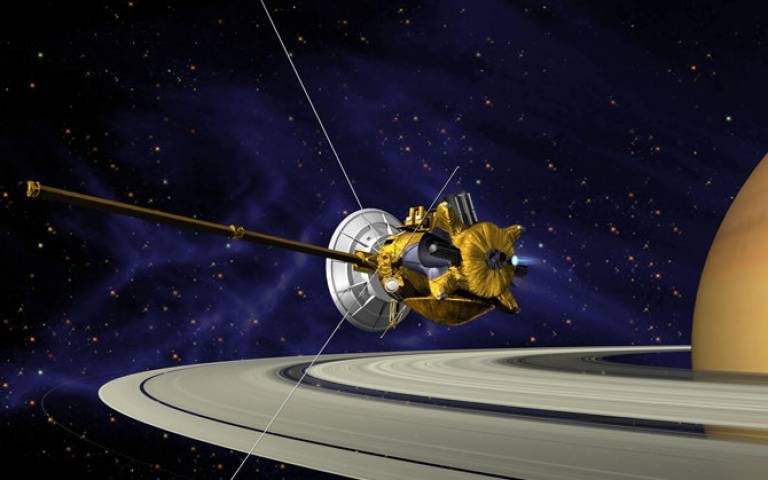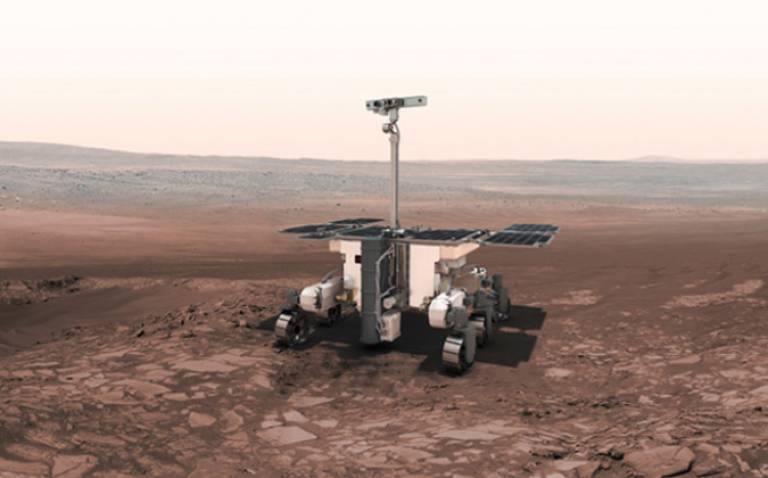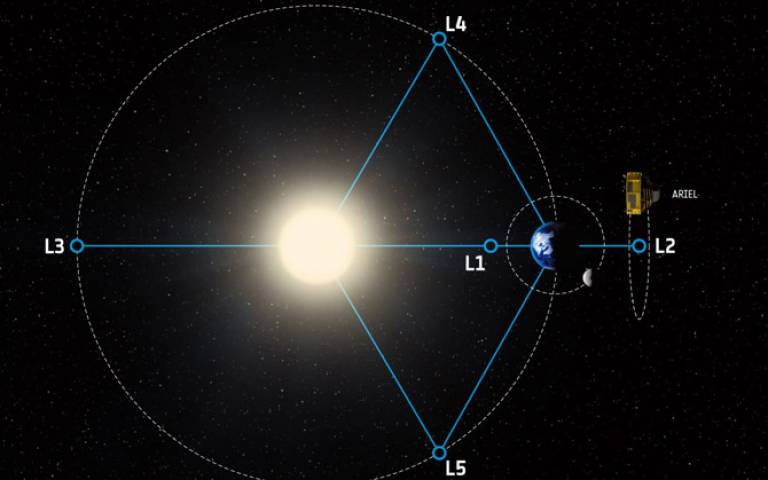Missions
Highlighted Missions:
Cassini-Huygens

ExoMars 2022 Rosalind Franklin Rover

ARIEL Mission

Mission Database: All missions with CPS involvement:
Search here results
search-total-matching14search-total-matching- ExoMars 2022 Rover Rosalind Franklin | UCL Department of Space and Climate Physics - UCL – University College London
- Jupiter Icy Moons Explorer (JUICE) | UCL Department of Space and Climate Physics - UCL – University College London
- Mars 96 | UCL Department of Space and Climate Physics - UCL – University College London
- Castalia Space Mission | UCL Department of Space and Climate Physics - UCL – University College London
- Venus Express | UCL Department of Space and Climate Physics - UCL – University College London
- ARIEL space mission | UCL Department of Space and Climate Physics - UCL – University College London
- CASTAway Mission | UCL Department of Space and Climate Physics - UCL – University College London
- Akon Penetrator | UCL Department of Space and Climate Physics - UCL – University College London
- Mars Express | UCL Department of Space and Climate Physics - UCL – University College London
- Cassini-Huygens | UCL Department of Space and Climate Physics - UCL – University College London
Please enable JavaScript to use this page or visit this page for a non javascript version.
 Close
Close

